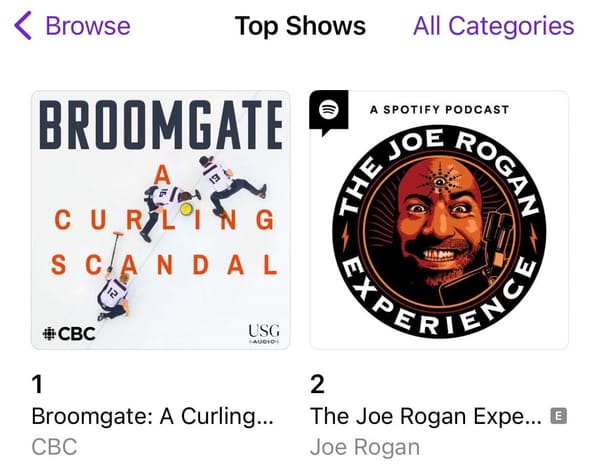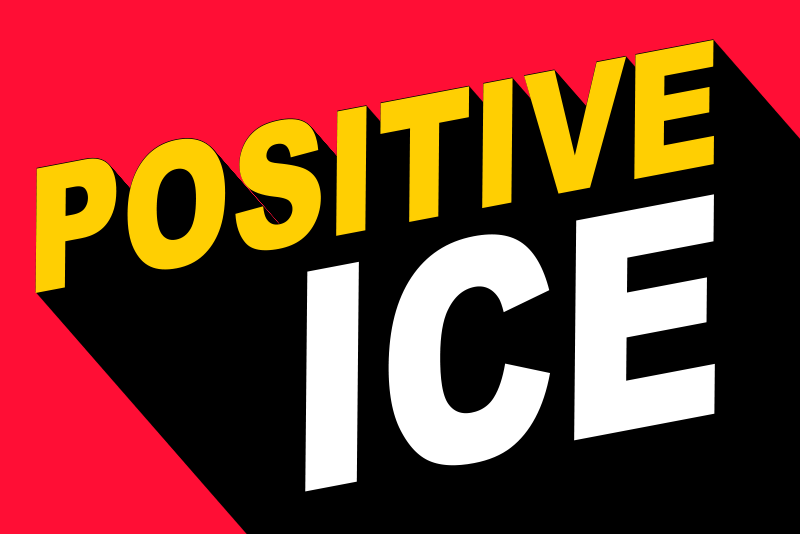Action Item: Hold the jargon
Do your Try Curling or Open House sessions sound more like Curling Night in Canada, full of curling terms and jargon? If so, you are — unintentionally — pushing people away.

Early in my curling journey, I'd reached the point that human interaction, not the internet, was necessary to help deepen my understanding of how curling worked.
In a short period of time it became painfully evident that I did not know the language of curling. This is not a unique phenomenon. As a healthcare provider, I am amazed at how many people have NO idea what their doctor has told them.
I am even more amazed that they didn't ask for clarification. This reveals a unique trait found in humans: people do not like to feel like they are dumb.
Say you've been told you have an acute case of hypertrophic glossitis. You have no idea what that means, but shake your head knowingly and with gratitude.
Your significant other asks what the doctor said, and because you didn't understand, you say, "oh nothing".
It is our personal defensive mechanism. We don't want to look stupid. Generally speaking, people will avoid things that make them uncomfortable. (By the way, he said you have a fat tongue!)
What does this have to do with curling?
Think about your first Learn to Curl/Try Curling experience. If you are in leadership in your club (and you are because you are getting this letter), you are not the norm.
You are an action-taker, a problem solver, a connector...and YOU ARE NOT AVERAGE. If you knew nothing about curling at your first exposure, YOU ASKED QUESTIONS.
You are comfortable enough about YOU that you are willing to take a risk to ask what others wouldn't for fear they would appear stupid. You get this, but the vast majority of the people — particularly those in the younger demographics — don't have the same mindset. They avoid anything that might make them feel "less than" or uncomfortable.
✅ Action Item: Build trust first, language later
With this reality in mind, what does your Try Curling or Open House or Learn to Curl "sound" like? Does it sound like the announcers for Curling Night in Canada, where the "language" has been passed down for generations?
If so, you are — unintentionally — pushing people away. People avoid those things that make them feel less than or uncomfortable.
Trust me, we have and still are dealing with this, because our club, like yours, is always having new folks joining your community. We need intentional conversations that can communicate in the language a newcomer can understand.
Then, to be sure we communicated, we ask questions that confirm they got it. In a safe and seamless fashion.
Once we build trust, connection, feedback and relationship, we can start to teach our language. Concept first. Translation into curling language second.
Get the order wrong and you are chasing people away not because they aren't interested in the game, but because they feel "less than", uninformed or stupid.
If you've been using words like hack weight, tap and roll, out-turn in your Learn to Curls, I might have an idea on why folks aren't coming back. People avoid things that make them emotionally uncomfortable even if they have fun.




